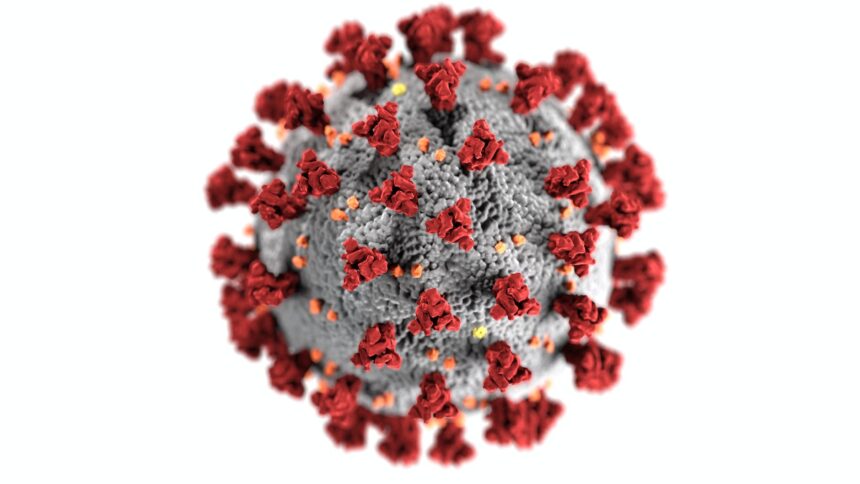Understanding the New Strain and Its Impact
A new variant of the COVID-19 virus, known as BA.2.86 ‘Pirola’ COVID-19 variant, has emerged as a concern for health professionals worldwide. This variant, characterized by a high degree of mutation, differs from its predecessors in both symptoms and transmission dynamics.

Highlights:
BA.2.86, labeled as the ‘Pirola’ strain, represents a significant mutation in the COVID-19 virus.
- This variant exhibits unique symptoms including eye irritation, skin rashes, and diarrhea.
- Health experts emphasize the importance of vaccination and preventive measures.
- Originating in July, Pirola has spread to multiple countries but hasn’t led to a major surge in cases.
- Ongoing studies aim to understand the efficacy of existing vaccines against this new strain.
New Symptoms Spark Concern The Pirola strain has altered the landscape of COVID-19 symptoms. Notably, it affects the upper respiratory tract, leading to unusual symptoms such as eye irritation and skin rashes, alongside more common symptoms like diarrhea. These new manifestations of the virus call for a renewed vigilance in symptom monitoring and reporting.
Vaccination and Prevention Strategies In response to the Pirola variant, health experts are doubling down on the importance of vaccination, particularly for individuals with compromised immune systems. Vaccines remain the cornerstone of defense against COVID-19, along with precautionary measures like mask-wearing, room ventilation, and PCR testing for symptomatic individuals.
Tracing the Origins and Spread of Pirola First detected in July after undergoing significant mutations from earlier Omicron variants, the Pirola strain has since been identified in several countries, including the UK, the US, and China. Despite its spread, there hasn’t been a substantial increase in COVID-19 cases attributable to this variant, suggesting a potentially different infection dynamics compared to earlier strains.
Implications for Public Health and Future Research The emergence of Pirola underscores the unpredictable nature of the COVID-19 virus and its ability to evolve. Researchers are actively studying this new variant to understand its resistance to existing vaccines and potential impacts on public health policies. As the situation develops, authorities continue to stress the importance of vaccination and adherence to established COVID-19 guidelines.








